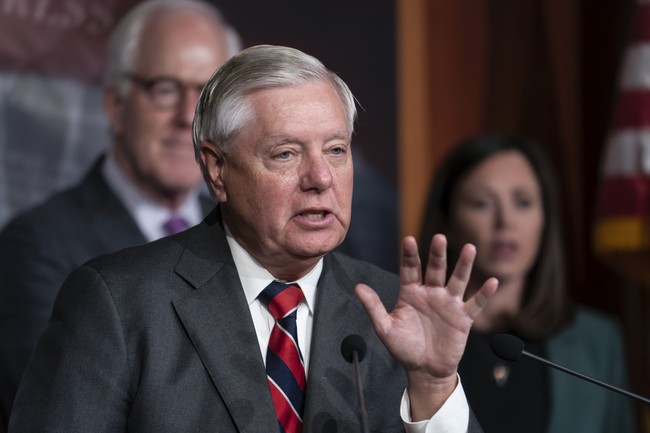Escalating Tensions: Israel and Hezbollah Conflict
The ongoing hostilities between Israel and Hezbollah are intensifying, resulting in significant military engagements and numerous casualties. Various regions in Lebanon are experiencing daily bombardments amid dramatic military developments.
Published November 17, 2024 - 00:11am

Image recovered from europapress.es
The conflict between Israel and the shiite militia Hezbollah has escalated significantly in recent days, drawing attention to an already volatile situation in the Middle East. The Israeli Defense Forces confirmed on Wednesday the death of six more of its soldiers in southern Lebanon during close-quarters combat with Hezbollah fighters. This loss adds to the heavy toll Israel has faced, with 792 of its soldiers killed in the past year. The deaths have resulted from confrontations not only with Hezbollah but also with Hamas, notably after the deadly attacks on October 7.
Simultaneously, Hezbollah claimed responsibility for a drone attack targeting critical defense infrastructure in Tel Aviv, Israel. Hezbollah's airstrike with a squadron of explosive drones aimed at Israel's military headquarters has met with limited resistance, as the Israeli military declared the successful interception of two drones and multiple projectiles from Lebanon, avoiding further casualties.
In a related development, Israeli Prime Minister Benjamin Netanyahu acknowledged for the first time that his country was behind certain targeted operations against Hezbollah using unconventional warfare tactics such as pagers and radios. These clandestine actions followed a year marked by relentless missile attacks from Hezbollah, which had provoked a strategic defensive stance by Israel along its northern borders.
The air raids have sparked fierce retaliation within Lebanon. According to Lebanon's Ministry of Health, at least 33 civilians were killed on Tuesday due to Israeli bombings focused on Hezbollah strongholds, especially in southern Beirut. These assaults have extended beyond traditional Hezbollah territories, inflicting civilian casualties and destruction in unexpected regions. The Lebanese government condemned the attacks as war crimes after journalists fell victim to the strikes.
Further complicating the already tense situation is the technological warfare Hezbollah declared using missiles and drones, targeting Israeli military bases. The Lebanese militia declared direct attacks on strategic locations, including the Dishon settlement and the Golani Brigade's headquarters. Video footage released by the group showcased precision targeting, including efforts to strike central Israeli command sites with advanced drone technology.
Israel has responded with intensive airstrikes on regions known to harbor militia members and infrastructure, including areas in the southern suburbs of Beirut. These air raids are reportedly preceded by warnings to civilians to evacuate, aiming to minimize non-combatant casualties amidst the broader military campaign.
This cycle of violence highlights the fragile nature of peace in the region and underscores the broader geopolitical interests at play. Lebanon, already burdened by political and economic pressures, finds itself in a precarious position as regional powers vie for influence. Meanwhile, international observers have noted with concern the potential for these localized conflicts to spur broader unrest in a region already fraught with instability.







